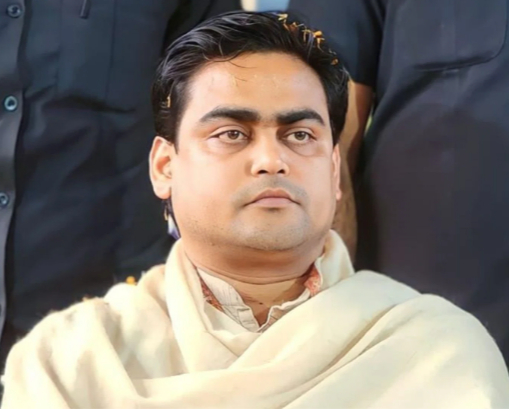Baby Chakraborty, KalimNews, Kolkata, December 22, 2024: Tensions in Indo-Bangladesh relations have escalated in recent weeks, with protests erupting across various parts of India over alleged attacks on minorities in Bangladesh. As the situation grows increasingly sensitive, certain medical centers in India have announced their decision to halt medical services for Bangladeshi patients, a move reportedly linked to the rising political tensions. However, despite these protests, the Union Minister of State for Ports, Shipping and Waterways, Shantanu Thakur, has made a surprising announcement that is stirring discussions in political and public circles. Thakur revealed plans for a metro rail connection from the Bangladesh border to Kolkata, underlining India’s commitment to maintaining bilateral ties with Bangladesh.
India-Bangladesh Relations Tense Amid Protests, But Shantanu Thakur’s Metro Rail Announcement Sparks Debate
The announcement came during an event last Friday, when Union Home Minister Amit Shah visited Siliguri for the Raising Day celebrations of the Armed Border Force (SSB). At the event, Shah inaugurated a new Rs 30 crore facility for BSF personnel at Petrolfall. In his speech, Minister Shantanu Thakur emphasized that Petrapol, a town near the Bangladesh border, could emerge as a major border city in the future. He highlighted the need for better connectivity, stating that plans for a metro line between Kolkata and Petrapol are in progress, aiming to facilitate the large number of Bangladeshis who travel to Kolkata for medical treatment. “Millions of people from Bangladesh come to Kolkata for treatment, and we need to improve services to cater to this demand,” Thakur said.
However, Thakur’s remarks have stirred controversy, particularly in light of the recent actions by certain medical facilities in India, which have ceased treating Bangladeshi patients amid growing political friction. While the BJP and certain Hindutva groups have rallied against the treatment of Bangladeshi nationals, framing it as a protest against alleged religious persecution of minorities in Bangladesh, Thakur’s comments suggest a more diplomatic stance. His call for the metro rail project reflects India’s desire to maintain constructive ties with Bangladesh, despite the current political tensions.
Thakur also used the platform to criticize the current state of affairs in Bangladesh. He remarked that Bangladesh, once an economically strong country in South Asia, has been weakened by rising fundamentalist activities. “Bangladesh is no longer the economic powerhouse it once was,” Thakur said, adding that India’s strength as the third-largest military power and the fifth-largest economy in the world should not be underestimated. However, he emphasized that India has always been a friend to Bangladesh and that the bilateral relationship would continue, provided Bangladesh extends the hand of friendship.
These comments, particularly in the context of the deteriorating situation in Bangladesh, have drawn mixed reactions. Many on social media have criticized the apparent contradiction between India’s hardline stance and its diplomatic overtures. One user tweeted, “India has really gone crazy. On one hand, they are saying they will cut ties with Bangladesh, and on the other, they’re planning a metro rail to the Bangladesh border. This proves India will be immobilized if it doesn’t maintain relations with Bangladesh.”
The remarks from Thakur, coupled with the protests and political developments in both countries, have led to intense debate about India’s foreign policy towards Bangladesh. While some view Thakur’s comments as part of a larger political strategy, others see them as indicative of a broader confusion in the government’s approach to its neighbor.
As the situation continues to evolve, it remains to be seen how the Indian government will balance the demands of domestic politics with its foreign policy objectives, particularly in relation to Bangladesh.

